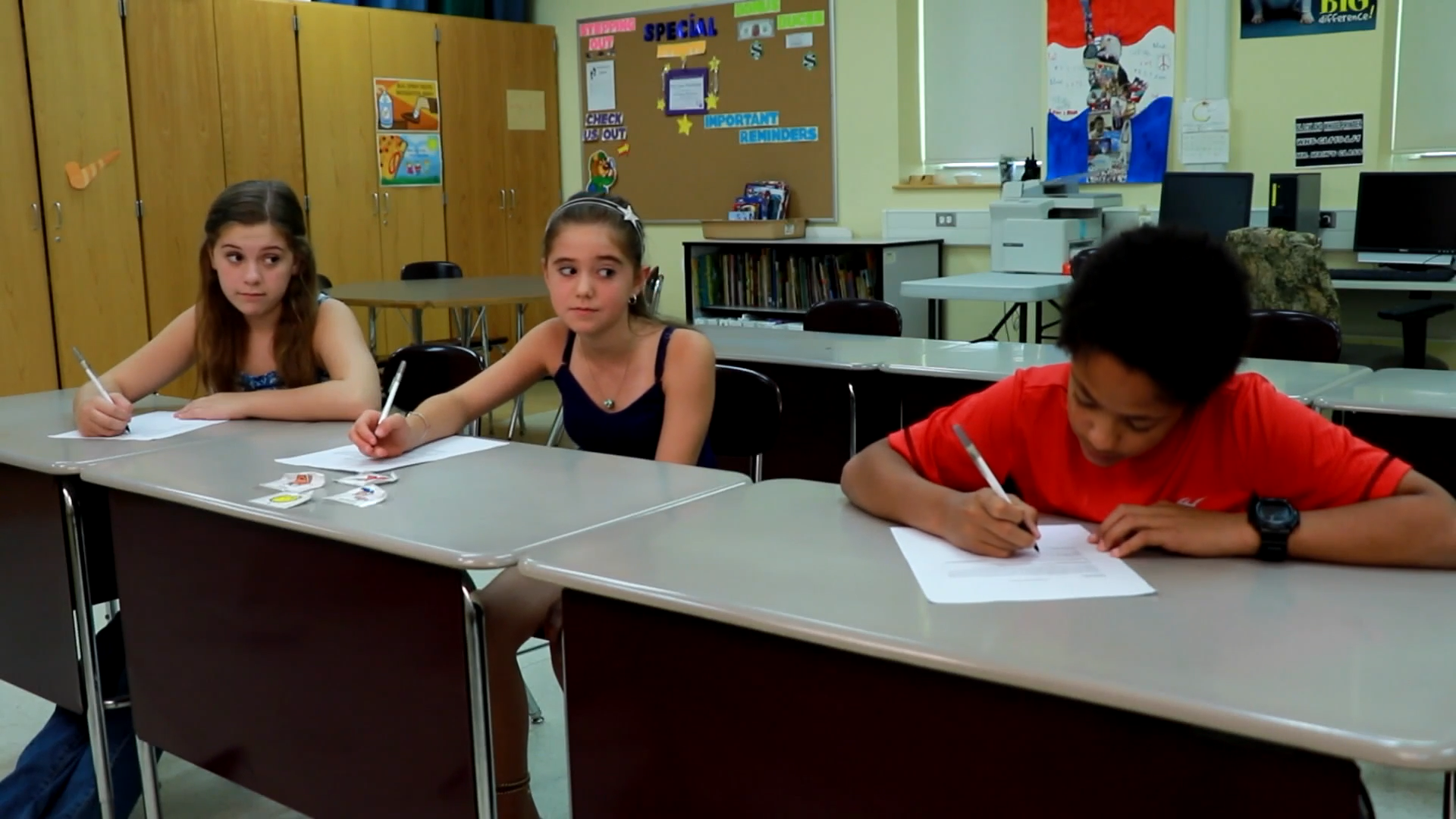Introduction
As educators, one of our main goals is to help students develop essential social skills that will aid them in their personal and academic lives. Being aware of others in shared spaces is a crucial aspect of social-emotional learning that fosters a respectful and collaborative environment. In this blog post, we will explore an easy-to-implement activity, discussion questions, and related skills to help students better understand the importance of being mindful of others in shared spaces, such as the classroom.
No-Prep Activity: The Silent Game
Here’s a simple and fun activity that requires no preparation or materials to illustrate the importance of being aware of others in a shared space. The Silent Game can be played with students of all ages and encourages them to become more mindful of their actions and the impact they have on others around them.
- Ask your students to sit in a circle and explain the rules of the game: everyone must remain completely silent for a set period of time (e.g., 2-5 minutes).
- While the game is in progress, students should focus on being aware of their actions and how they might affect others in the circle.
- After the game, discuss the experience as a group. Did anyone struggle to remain silent? Were there any distractions? How did the silence impact the atmosphere in the room?
Discussion Questions
- Why is it important to be aware of others in shared spaces like the classroom?
- What are some ways we can show respect for others in shared spaces?
- How can we recognize when our actions are bothering others? What are some signs we can look for?
- What can we do when we notice someone else is not being mindful of the shared space? How can we communicate our concerns respectfully?
- Can you think of a situation where you were not aware of others in a shared space? How did you realize your mistake, and what did you do to correct it?
Related Skills
Beyond being aware of others in shared spaces, there are other related social-emotional learning skills that students can benefit from:
- Active Listening: Focusing on the speaker, understanding their message, and providing feedback to show that you are engaged in the conversation.
- Empathy: Understanding and sharing the feelings of others, which helps foster a supportive and compassionate environment.
- Self-Regulation: Controlling one’s emotions, thoughts, and behaviors in various situations, which can positively impact the shared space.
- Conflict Resolution: Addressing disagreements or misunderstandings with others in a respectful and constructive manner.
Next Steps
Now that you have a better understanding of the importance of being aware of others in shared spaces, it’s time to put these skills into practice. To help you implement these concepts in your classroom, sign up for free sample materials that cover a wide range of social-emotional learning topics. These resources will provide you with engaging and effective tools to support your students’ growth in this essential area.






